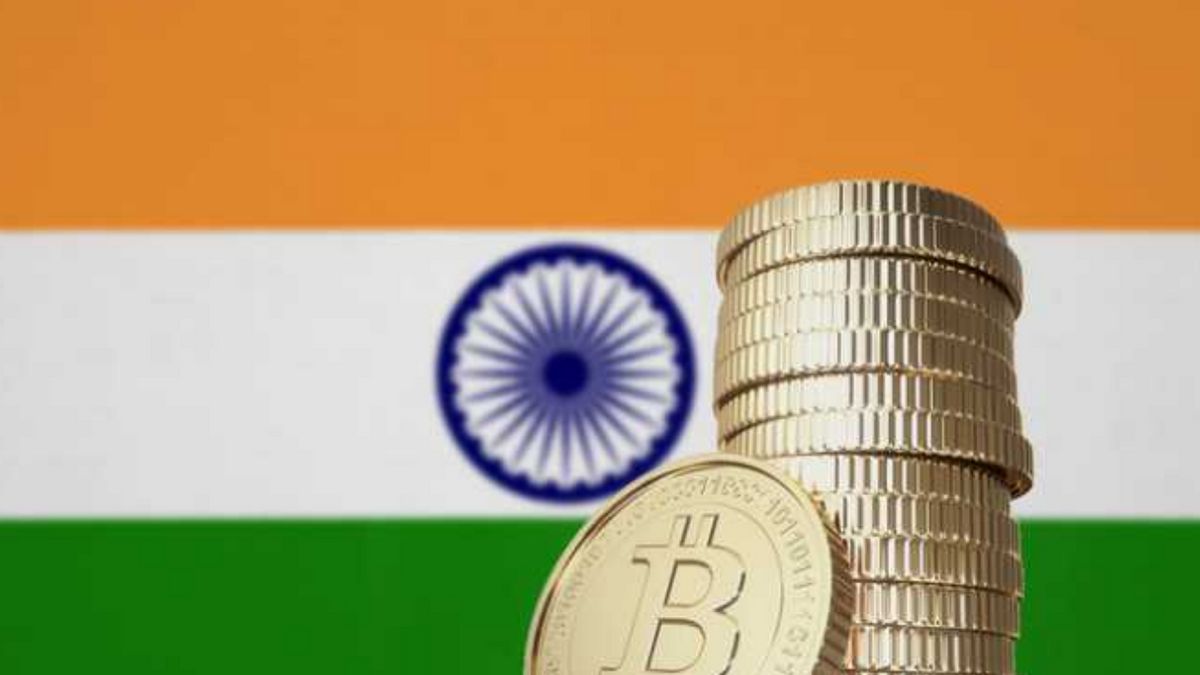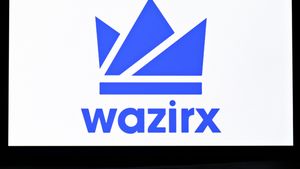JAKARTA - The Indian government is working on a new law to regulate crypto assets such as Bitcoin. This rule is expected to be released before September 2024. The main objective of this new regulation is to create mutual agreements between various parties related to crypto assets, such as central banks, stock exchanges, and internet associations.
So far, the Indian government does not yet have clear rules regarding crypto assets. As a result, there is a lot of uncertainty for investors and companies engaged in this field. The new rules are expected to provide legal certainty and protect consumers. In an interview, the Secretary of the Department of Economic Affairs (DEA) Ajay Seth revealed that this discussion document aims to build consensus among stakeholders rather than focus on the regulatory framework for digital assets.
This inter-ministerial stakeholder group involves the country's central bank, the Reserve Bank of India (RBI), the Securities and Exchange Board of India (SEBI), and the Internet and Mobile Association of India (IAMAI).
Seth explained that this document will present various issues that stakeholders need to consider and provide their views. Meanwhile, a senior official from the Ministry of Finance, who spoke on condition of anonymity, revealed that the document draft was ready.
SEE ALSO:
The Indian government has different views on crypto assets. India's central bank (RBI) tends to worry about the risks posed by crypto assets, while Indian stock exchanges (SEBI) are more open to regulating crypto assets.
Crypto Asset Tax In India
Currently, the Indian government has imposed a fairly high tax on crypto asset transactions. This makes many investors object. However, the government argues that high taxes are needed to prevent the misuse of crypto assets.
In addition to regulating crypto assets, the Indian government is also developing its own digital currency called digital rupees. This digital currency is expected to be an alternative for cash and credit cards.
The English, Chinese, Japanese, Arabic, and French versions are automatically generated by the AI. So there may still be inaccuracies in translating, please always see Indonesian as our main language. (system supported by DigitalSiber.id)















